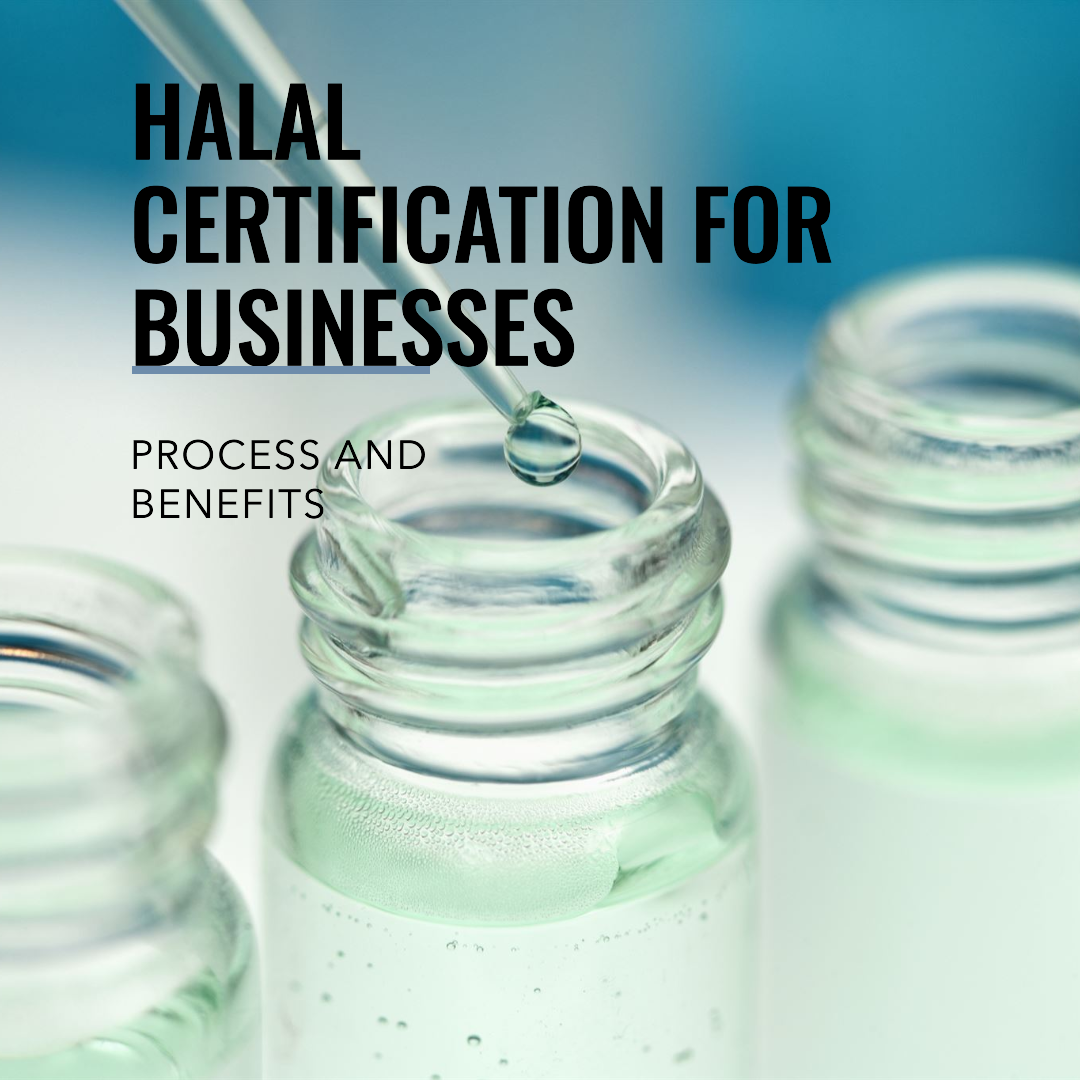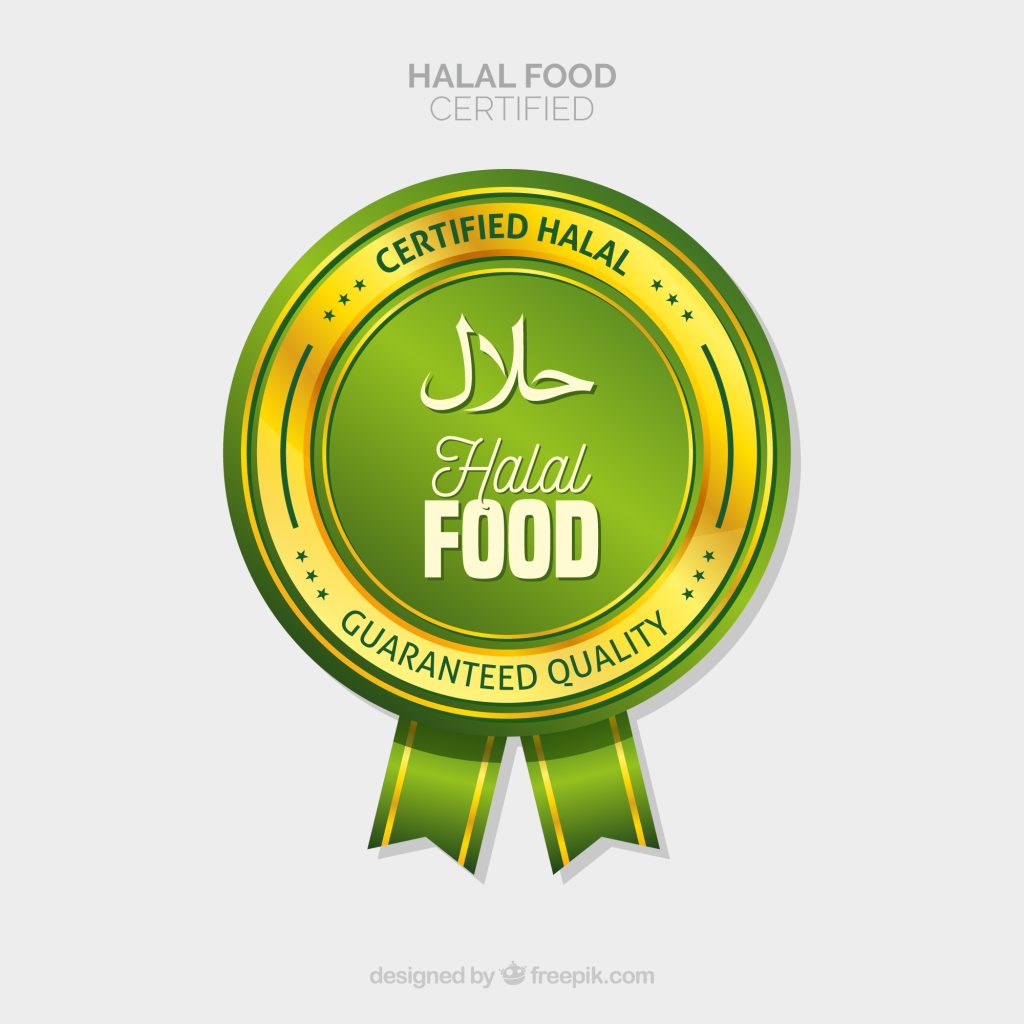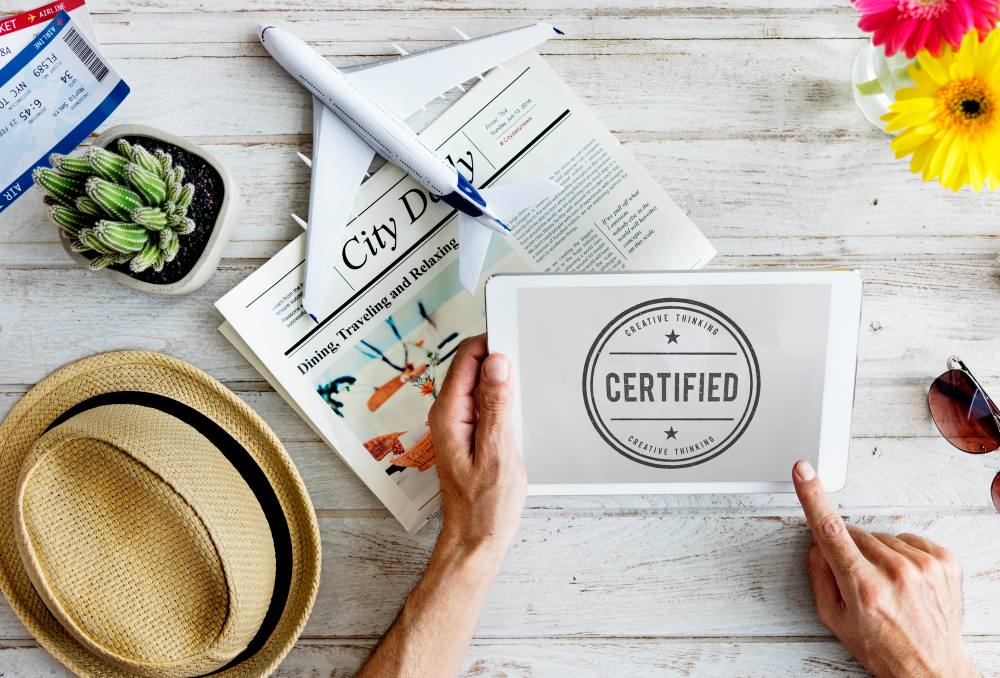In today’s competitive global market, obtaining halal certification for businesses is crucial for those targeting Muslim consumers. This certification ensures that products and services comply with Islamic laws, opening doors to a vast and growing market. This comprehensive guide will walk you through the process of obtaining halal certification and highlight the numerous benefits it brings.
Understanding Halal Certification
Halal certification is a process where a certifying body verifies that a product or service adheres to Islamic dietary laws and ethical standards. For businesses aiming to attract Muslim consumers, halal certification provides assurance that their products are permissible under Islamic law.
Step 1: Choosing a Certification Body
Research Certification Bodies: The first step to obtaining halal certification for businesses is selecting a reputable certifying body. Well-known certification bodies include the Islamic Food and Nutrition Council of America (IFANCA), the Halal Food Authority (HFA), and the Halal Certification Services (HCS). Each has specific requirements, so choose one that suits your business needs.
Evaluate Credibility: Ensure the certification body is recognized by international halal authorities. This enhances your certification’s credibility and ensures global acceptance.
Application Process: Contact the chosen certification body to understand their application process. This typically involves filling out an application and providing detailed information about your products and production processes.
Step 2: Compliance with Halal Standards
Ingredient Sourcing: Ensure all ingredients in your products are halal. They must be free from haram (forbidden) substances, such as pork or alcohol. Collaborate with your suppliers to verify the halal status of ingredients.
Production Process: The entire production process, from sourcing to packaging, must comply with halal standards. Ensure that equipment is not contaminated with haram substances.
Hygiene and Sanitation: Maintain high hygiene and sanitation standards throughout production. This is essential for halal certification and overall product safety.
Documentation: Keep detailed records of ingredient sourcing, production processes, and hygiene practices. These will be reviewed during the certification body’s inspection.
Step 3: Inspection and Audit
Schedule an Inspection: Once your application is submitted and processes comply with halal standards, schedule an inspection. An auditor will visit your facility to verify compliance.
Prepare for the Audit: Ensure all relevant documentation is available and your facility is prepared for inspection. Staff should be trained in halal practices.
Address Non-Compliance: If the auditor identifies non-compliance areas, address them promptly. The certification body will guide you on corrective actions needed to achieve compliance.
Step 4: Certification and Labeling
Receive Certification: Upon successful inspection and audit, you will receive halal certification. This certification is typically valid for one year, requiring annual renewal.
Labeling: Clearly label your products with the halal certification mark. This assures consumers of your products’ halal status and builds brand trust.
Marketing: Use your halal certification in marketing efforts. Highlighting certification can attract Muslim consumers and differentiate your products in the market.
Benefits of Halal Certification
Market Access: Halal certification opens access to a growing global market of Muslim consumers. The global halal market is projected to reach trillions of dollars, providing significant opportunities.
Consumer Trust: Halal certification builds trust with Muslim consumers, who seek assurance that products comply with their beliefs. This trust can lead to increased brand loyalty and repeat business.
Competitive Advantage: Halal certification differentiates your products from competitors without certification. This can be a key selling point in markets with significant Muslim populations.
Quality Assurance: The halal certification process often leads to improved quality and hygiene standards, benefiting all consumers.
Global Recognition: Many halal certification bodies are internationally recognized, allowing your products to be accepted in various markets. This facilitates export opportunities and business expansion.
Conclusion
Obtaining halal certification for your business ensures products meet Islamic dietary laws and ethical standards. The benefits, including access to a vast market, increased consumer trust, and competitive advantage, make it a worthwhile investment for growth and success in the global market.
Start your journey towards halal certification today and unlock the potential of the global halal market. Ensure your business meets the highest standards of quality and compliance by obtaining halal certification.
References:
- Halal Finance: A Comprehensive Guide
- The Intricacies of Running a Halal Business
- Halal Fashion: A Guide to Modest Dressing
- Islamic Food and Nutrition Council of America
- Halal Food Authority



